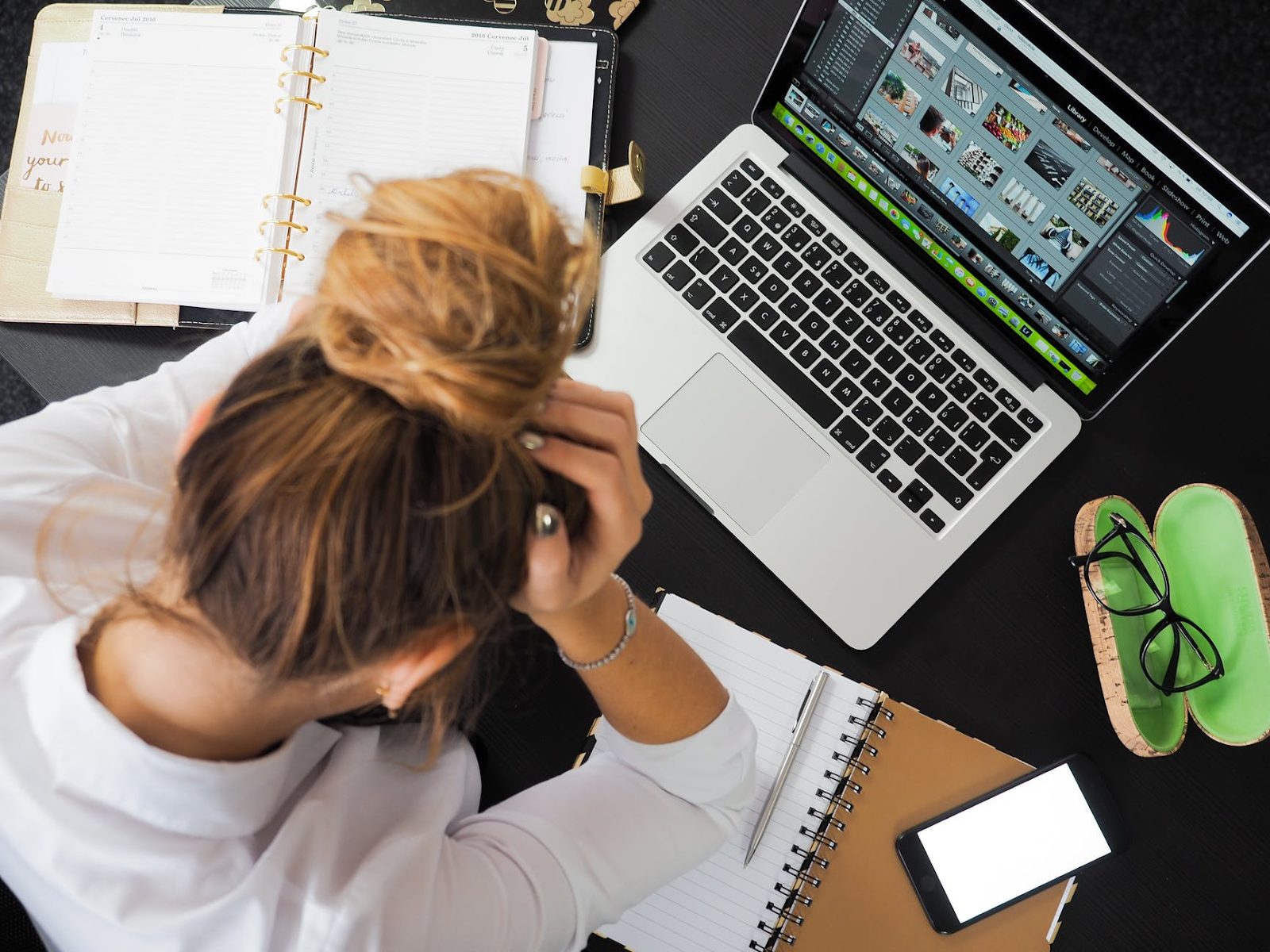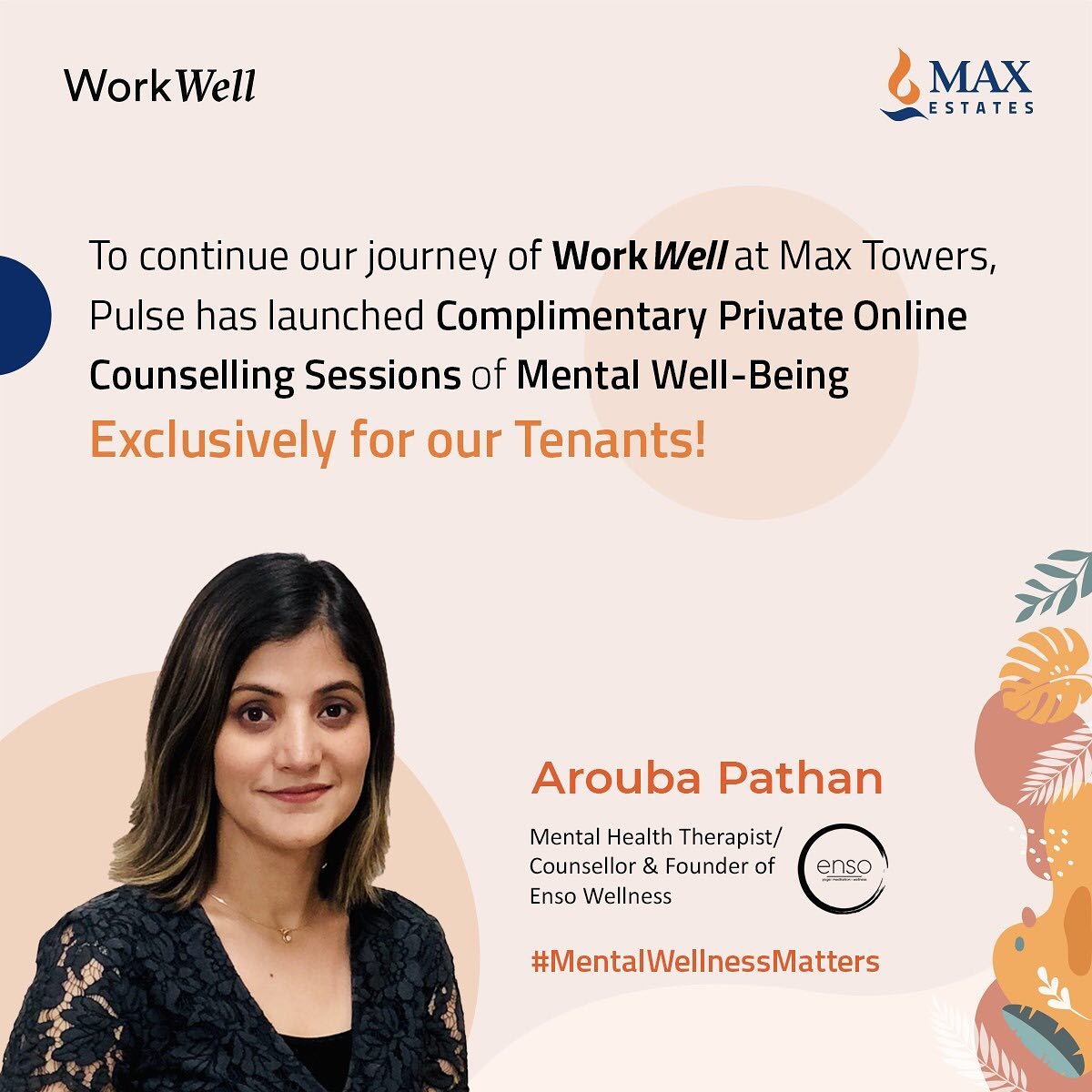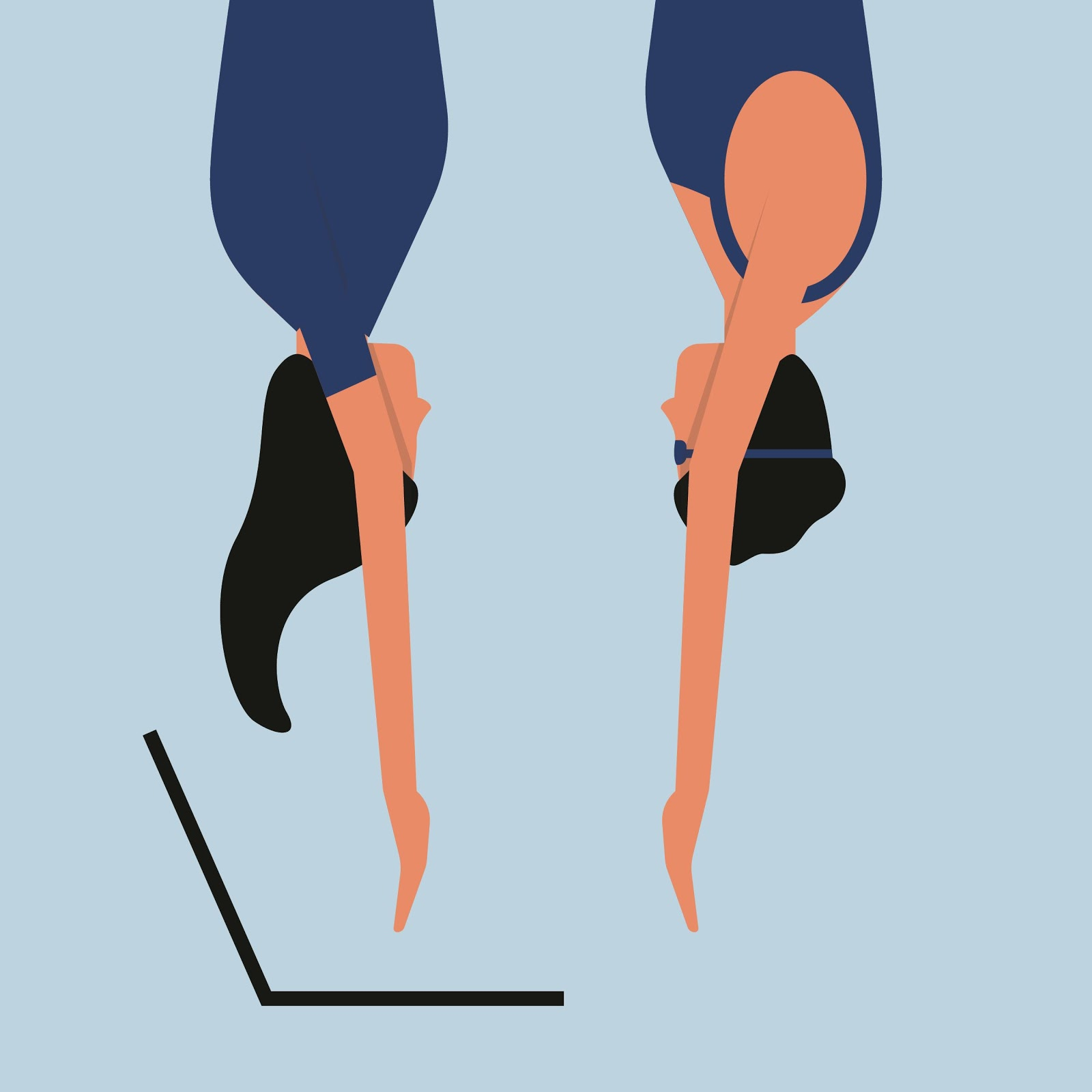There is no set protocol for how you’re supposed to return to work after a global pandemic that has caused panic and distress. This is a first for the current working generation, and hence it becomes even more critical to manage unprecedented stress as we return to offices in these challenging times. Thanks to our focus on the concept of WorkWell at Max Towers and Max House, we have a few tips on stress management to ease the process of getting back to your workplace with minimized stress. Here are five:
Name it to tame it
Before you resume going to your office, address the biggest worry you have concerning returning to your office for work. It could be the potential risk of getting sick, or not being as productive as you were before the pandemic.
Rein back your anxiety by naming or writing down things that cause it in the first place. According to UCLA researchers, verbalizing emotions has helped make anger, sadness, or pain less intense. You can regulate those feelings of discomfort by labeling them and prevent them from overwhelming you.
Choose a calming activity for commuting
What you do during your commute to work can make or break your day. You might get anxious, questioning the safety of public transport if you’re using it. However, your commuting part of the day can be a source of stress or a great opportunity to find calm and develop a positive mindset for the rest of the day.
Make a calming and soothing playlist, and while walking outside, look around you to appreciate the beautiful sights and sounds. These activities can help break the monotony and help you focus your mind on something positive and engaging. A study in the Annals of Behavioral Medicine shows that adding moments of leisure can lower the body’s and brain’s response to stress. This further helps in decreasing heart rate and levels of the “stress hormone” cortisol. This improves your mood, sense of fulfillment, and overall well-being!
Identify stress signals through microbreaks

Stress is your body’s response to a perceived potential threat. It’s a natural mechanism, and our fight or flight phenomenon has helped us evolve and survive for thousands of years. However, the problem arises when this turns into chronic stress, which can occur when acute stress points don’t go away and keep you stuck in that defensive state even though there is no actual threat. This chronic stress can have serious long term effects on your mental and physical health, and hence it is important to identify stress signals through microbreaks.
Don’t work continuously for more than two hours at a stretch – take a microbreak of 10 minutes to assess if you’re showing signs of unusual stress such as a rapid heart rate, difficulty in getting your thoughts together, or unintentional and frequent social conflicts.
According to the WHO, India ranks amongst the Most Depressed Countries in the World, while the National Mental Health Survey (2015-16) estimated that 1 in every 20 Indians suffers from Depression. A far staggering 15% of Indians require intervention for Mental Health Issues as per the same survey.

At Max Towers, the team behind community experiences – Max Pulse, has been hard at work connecting teams with private counseling, Zumba, and Yoga sessions online from experienced professionals, including Swasti Sharma, who is certified in Hatha Yoga and Ashtanga Yoga, and Arouba Pathan, Founder of Enso Wellness.

Talk it out and share your experiences

Humans connect with interpersonal communication and storytelling. Once you return to your work environment, set aside some time to reconnect with your co-workers and colleagues, be it through a combined lunch or a brief chat over coffee while adhering to social distancing protocols. Given the abundance of stress triggers present in the current scenario, communicating effectively and being articulate and compassionate are the need of the hour.
There’s never been a greater need to connect with the people around you by sharing your experiences and things that make you anxious. Talking it out and sharing your experiences can improve your overall emotional well-being, motivate you to work better, and help you get that sense of belonging in the workplace.
Connect with nature

During this pandemic, most of us have been forced inside our homes for months at a time which has caused a huge disconnect with nature. We have been surrounded by concrete walls and gadgets that have helped us stay connected when it hasn’t been viable to do so physically.
However, an important and indispensable part of human nature is biophilia. Biophilia refers to the innate and genetically determined affinity of humans with nature. Being surrounded by biophilic architecture can help in improving cognitive function, enhance creativity, improve mood, and reduce overall stress.
Stay focussed

It’s easy to lose focus in an attempt to make up for all the backlog accumulated while working remotely. But aggressive multitasking can backfire and even make matters worse. Instead of trying to do everything at once, tackle individual tasks, one at a time.
Maybe even write down three things you want to accomplish every morning to better prioritize items. Researchers at Florida State University have found that committing to a specific plan towards accomplishing a target makes it easier to do so!
The relaxation of restrictions doesn’t mean that the threat is over. The new normal might not be easy to get used to, some of these ways should hopefully help manage stress when you go back to the office! For more on Max Towers, Max House, and how we ensure we WorkWell, head over to the Max Estates website.
 0 comments
0 comments


